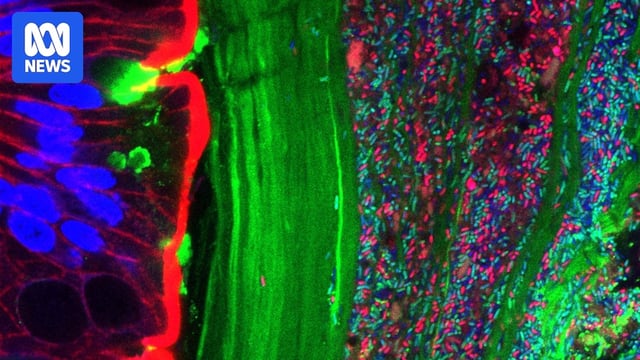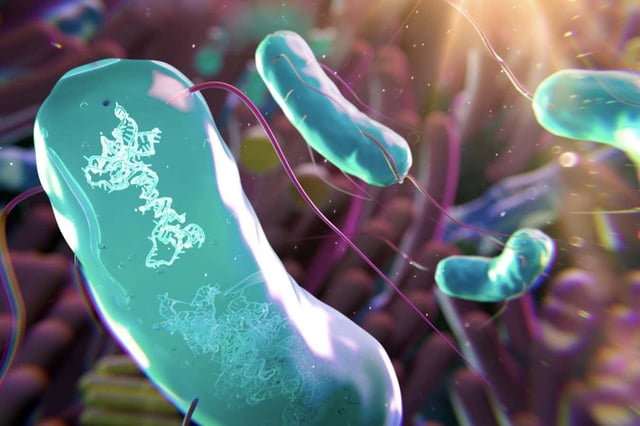Overview
- The modified bacterium Phocaeicola vulgatus was engineered to break down oxalate and depend on a seaweed-derived prebiotic for controllable gut colonization, cutting rat urinary oxalate by 47 percent in preclinical tests.
- Phase 1/2a human studies showed safe gut engraftment in healthy volunteers and enteric hyperoxaluria patients, with up to a 27 percent average drop in urinary oxalate and only mild gastrointestinal side effects.
- Genomic analysis found that some engineered microbes mutated or acquired genes from native bacteria, enabling survival after porphyran withdrawal and undermining the intended kill switch.
- Horizontal gene transfer also compromised the oxalate-degradation pathway in certain participants, highlighting biosafety and therapeutic stability challenges.
- Stanford researchers are now developing a ‘‘triple safeguard’’ strain embedding three essential genes to block mutation-driven escape before proceeding to further clinical trials.

